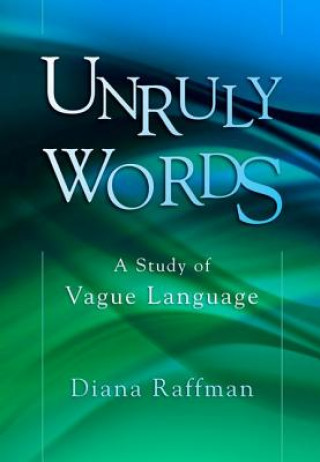
Kód: 02514413
Unruly Words
Autor Diana Raffman
Vague words, like "tall," "rich," and "old," lack clear boundaries of application: no clear line divides the tall people from the above average, or the old people from the middle-aged. Because they lack clear boundaries, these ord ... celý popis
- Jazyk:
 Angličtina
Angličtina - Väzba: Pevná
- Počet strán: 240
Nakladateľ: Oxford University Press Inc, 2014
- Viac informácií o knihe

Mohlo by sa vám tiež páčiť
-
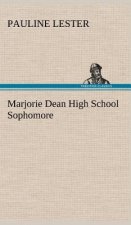
Marjorie Dean High School Sophomore
54.68 € -

Navy Boys Behind the Big Guns Sinking the German U-Boats
34.91 € -

100 Great Children's Picturebooks
33.89 € -4 % -

Where the Stars Rise
21.70 € -

Computational Electrodynamics
128.92 € -

Chalk Art Handbook
18.73 € -12 % -

Hammock for Two: An Empathy Story
11.36 €
Darujte túto knihu ešte dnes
- Objednajte knihu a vyberte Zaslať ako darček.
- Obratom obdržíte darovací poukaz na knihu, ktorý môžete ihneď odovzdať obdarovanému.
- Knihu zašleme na adresu obdarovaného, o nič sa nestaráte.
Viac informácií o knihe Unruly Words
Nákupom získate 275 bodov
 Anotácia knihy
Anotácia knihy
Vague words, like "tall," "rich," and "old," lack clear boundaries of application: no clear line divides the tall people from the above average, or the old people from the middle-aged. Because they lack clear boundaries, these ordinary words cause logical and semantic problems in various disciplines including philosophy, decision theory, and the law. Philosophers and linguists have proposed several theories of vagueness to handle these difficulties, but none has been widely accepted. Raffman contends that virtually all previous treatments of vagueness have made two crucial mistakes: they have supposed that a semantic (non-epistemic) theory must abandon bivalence, and they have paid insufficient attention to the character of ordinary speech using vague words. She develops a new theory of vagueness-the multiple range theory-that corrects both of these errors. The new theory begins with the observation that ordinary speakers seem to apply vague words in multiple arbitrarily different but equally competent ways, even when all contextual factors are held fixed. Raffman interprets this feature of their use as evidence of multiple ranges of application in the semantics of vague words, where a range of application is a range of properties whose instances satisfy the word in question; for example, a range of application of "tall" is a range of heights, a range of "old" a range of ages, and so forth. The fundamental idea is that a vague word has multiple ranges of application, and applies to things relative to those ranges, even given a single fixed context. The fact that the ranges of a vague word are arbitrarily different-there is no reason to favor any particular one-is key to solving the notorious sorites paradox. The multiple range theory preserves bivalence and is more intuitive than other approaches. It is also simpler; for instance, it has no need of a definiteness operator, and it rules out the possibility of higher-order borderline cases, both of which introduce severe complications into other accounts. Some of the evidence Raffman draws upon in constructing her theory comes from a new psychological study of the way ordinary speakers actually use vague words.
 Parametre knihy
Parametre knihy
Zaradenie knihy Knihy po anglicky Language linguistics Philosophy of language
111.41 €
- Celý názov: Unruly Words
- Autor: Diana Raffman
- Jazyk:
 Angličtina
Angličtina - Väzba: Pevná
- Počet strán: 240
- EAN: 9780199915101
- ISBN: 0199915105
- ID: 02514413
- Nakladateľ: Oxford University Press Inc
- Hmotnosť: 402 g
- Rozmery: 214 × 149 × 23 mm
- Dátum vydania: 23. January 2014
Obľúbené z iného súdka
-
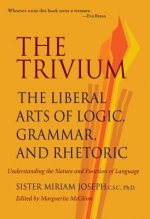
Trivium
21.80 € -

Making the Social World
12.28 € -23 % -
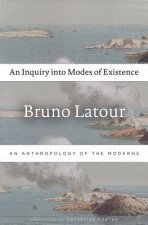
Inquiry into Modes of Existence
36.55 € -4 % -

Language Instinct
14.43 € -23 % -
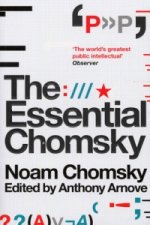
Essential Chomsky
22.01 € -23 % -

Practice Makes Perfect English Articles and Determiners Up Close
13.81 € -15 % -
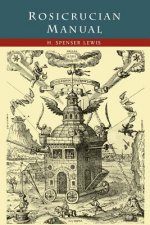
Rosicrucian Manual
16.38 € -
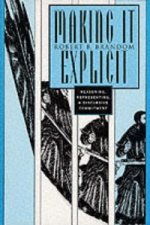
Making It Explicit
55.09 € -4 % -

Image Music Text
12.38 € -15 % -
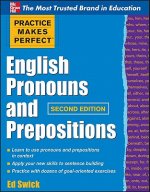
Practice Makes Perfect English Pronouns and Prepositions, Second Edition
15.66 € -14 % -

Constructing the World
83.35 € -4 % -
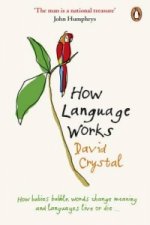
How Language Works
14.43 € -23 % -
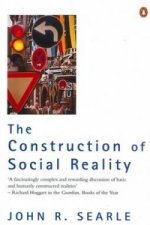
Construction of Social Reality
14.43 € -23 % -
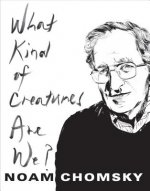
What Kind of Creatures Are We?
14.33 € -11 % -
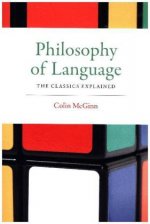
Philosophy of Language
40.13 € -11 % -
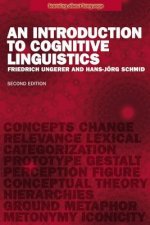
Introduction to Cognitive Linguistics
97.07 € -
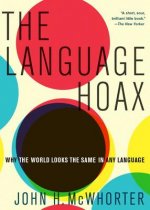
Language Hoax
14.43 € -16 % -
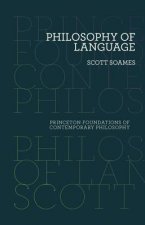
Philosophy of Language
28.05 € -
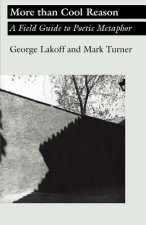
More than Cool Reason
35.93 € -
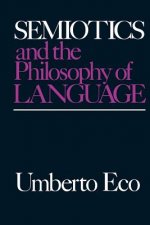
Semiotics and the Philosophy of Language
26 € -
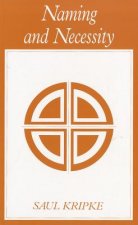
Naming and Necessity
30.10 € -18 % -

Latin
31.74 € -
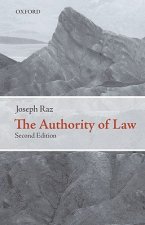
Authority of Law
54.78 € -
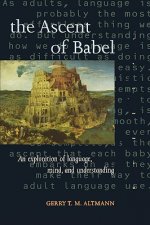
Ascent of Babel
104.86 € -
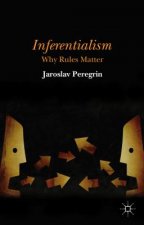
Inferentialism
177.16 € -

Process Philosophy of Signs
36.04 € -
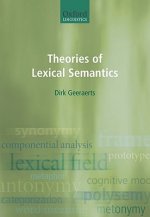
Theories of Lexical Semantics
64.10 € -

Critical Introduction to the Philosophy of Language
67.89 € -
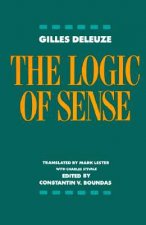
Logic of Sense
27.03 € -4 % -

Philosophy of Language
63.48 € -
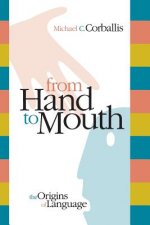
From Hand to Mouth
49.86 € -
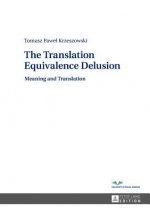
Translation Equivalence Delusion
114.69 € -
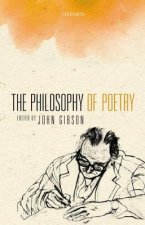
Philosophy of Poetry
122.26 € -
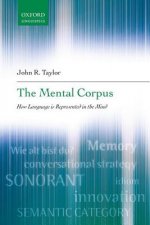
Mental Corpus
61.74 € -

Ontology after Carnap
126.05 € -
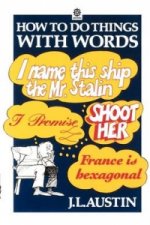
How to Do Things with Words
63.59 € -
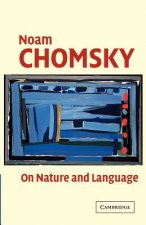
On Nature and Language
62.77 € -
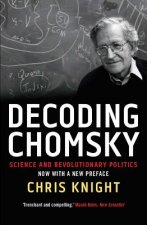
Decoding Chomsky
11.77 € -47 % -
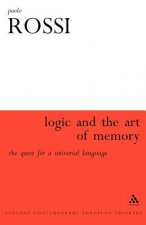
Logic and the Art of Memory
152.68 € -
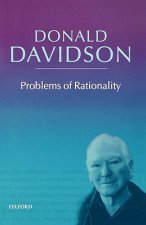
Problems of Rationality
71.88 € -

Practice Makes Perfect English Verb Tenses Up Close
21.29 € -

Language Animal
40.85 € -
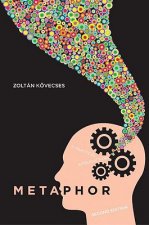
Metaphor
56.01 € -
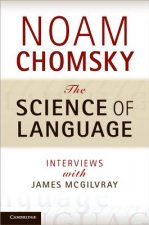
Science of Language
38.39 € -
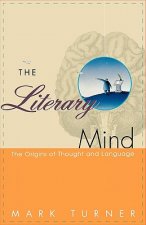
Literary Mind
30.92 € -
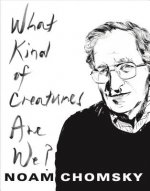
What Kind of Creatures Are We?
23.54 € -
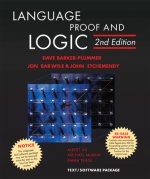
Language, Proof, and Logic
94.82 € -
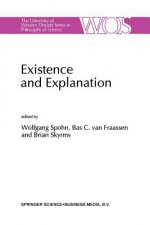
Existence and Explanation
214.64 € -
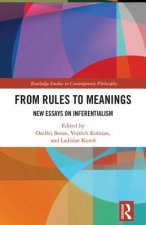
From Rules to Meanings
225.18 €
Osobný odber Bratislava a 2642 dalších
Copyright ©2008-24 najlacnejsie-knihy.sk Všetky práva vyhradenéSúkromieCookies



 21 miliónov titulov
21 miliónov titulov Vrátenie do mesiaca
Vrátenie do mesiaca 02/210 210 99 (8-15.30h)
02/210 210 99 (8-15.30h)